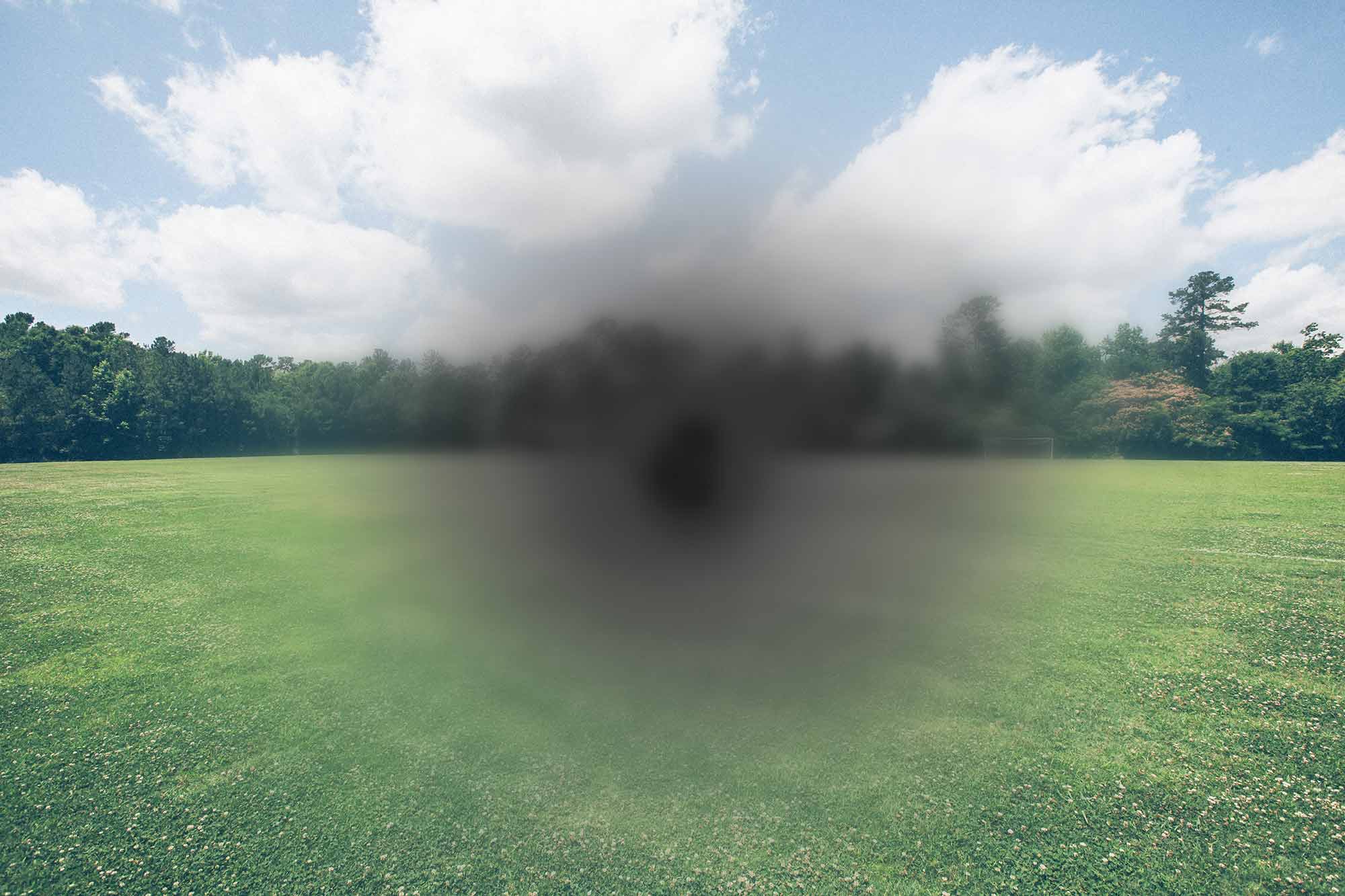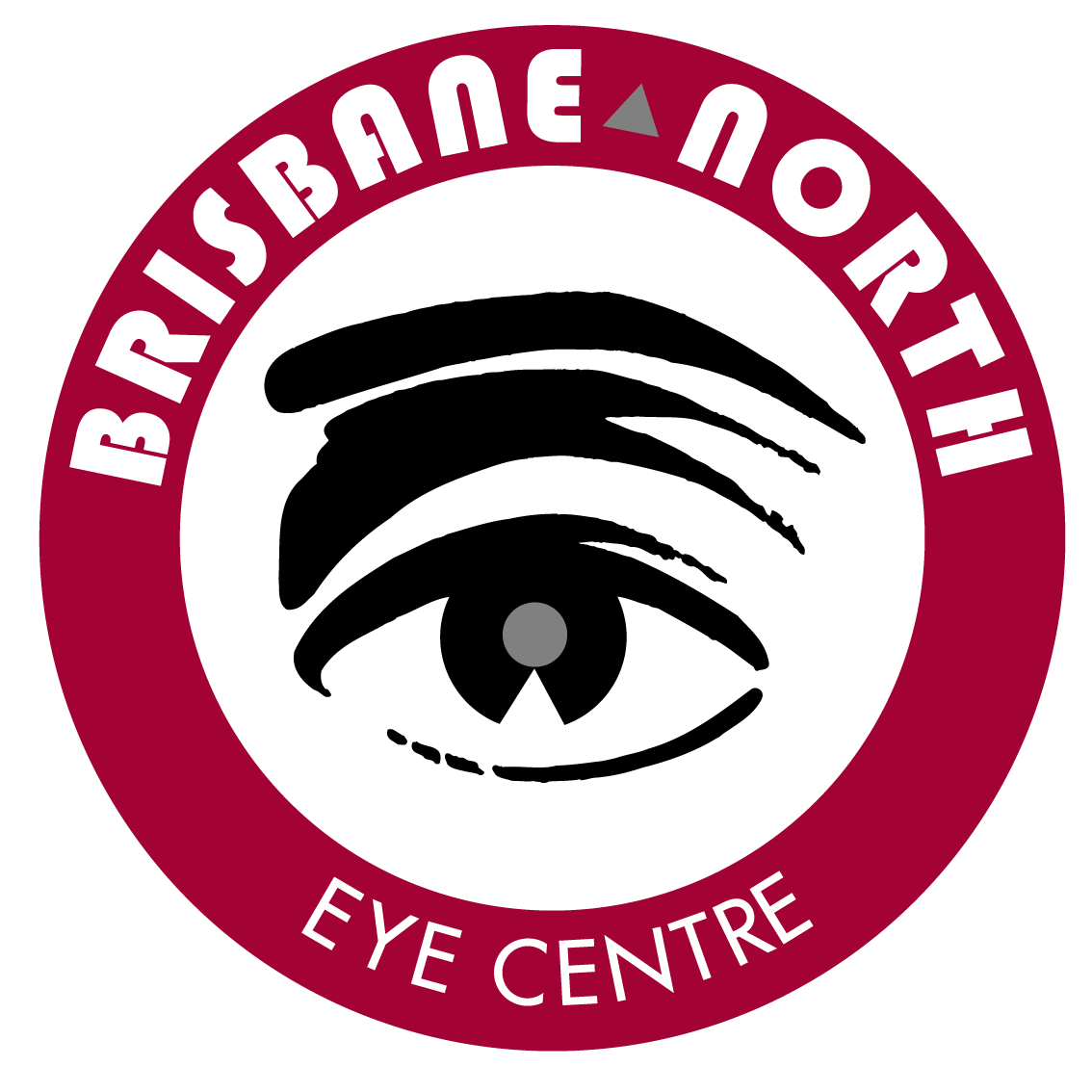Macular
degeneration
Macular degeneration, also known as age-related macular degeneration, is an eye disease causing loss of central but leaving the periphery vision unaffected.
 There are two types of age-related macular degeneration (ARMD): dry and wet.
There are two types of age-related macular degeneration (ARMD): dry and wet.
Dry macular degeneration is more common and can cause slow progressive vision loss. The dry form has no effective treatment at present, although ceasing smoking and maintaining a healthy well-balanced diet may slow the progression.
In the wet form of macular degeneration, abnormal blood vessels develop beneath the retina which may leak fluid or bleed. These develop rapidly and vision can worsen in a matter of days or weeks. Several studies suggest that there may be a benefit in taking anti-oxidant supplements (e.g. Macu-Vision) to reduce the risk of progression of ARMD.
Advances in treatment of wet ARMD
Advances in technology have introduced the use of drugs that can be injected into the back of the eye. Currently the use of these anti-VEGF agents (Avastin / Lucentis / Eyelea) are showing good results in the treatment of the wet form of ARMD. This treatment does not cure ARMD but has the effect of slowing down the proliferation or drying out of the new blood vessels that have developed. Most patients require multiple injections over time in an attempt to stabilise and sometimes improve the vision. This condition requires ongoing management over a lifetime.
